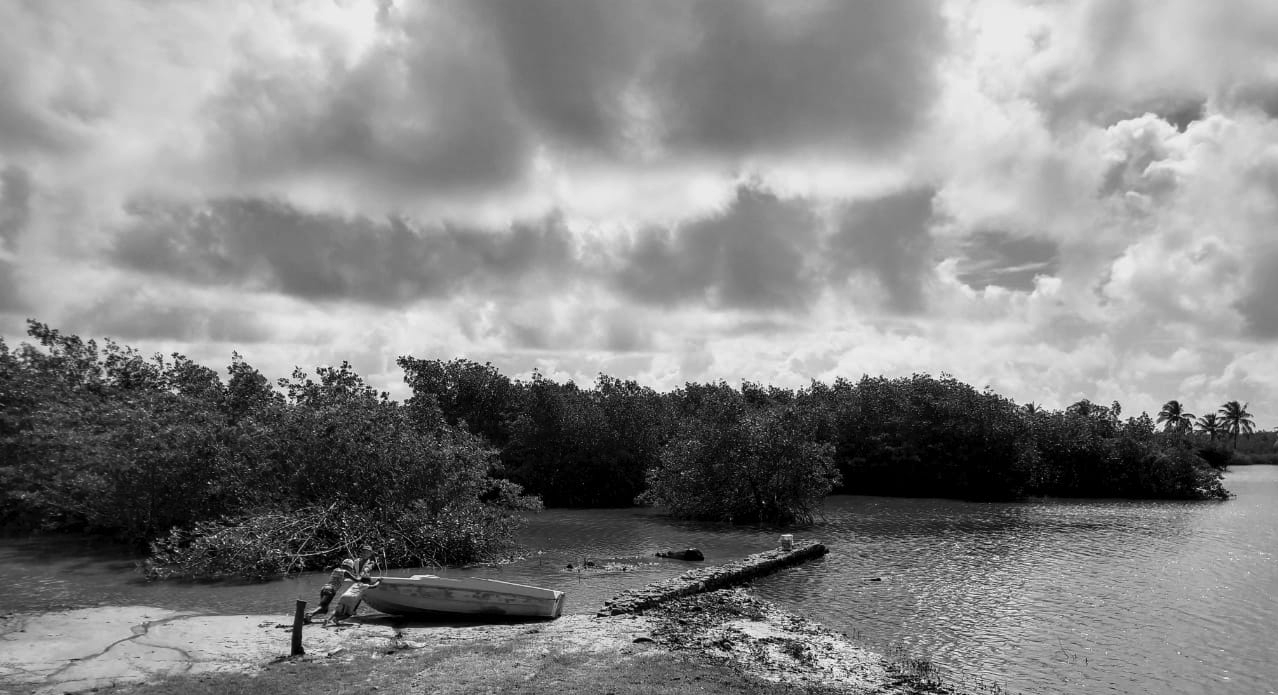Environmental Sustainability: Brazil on the wrong-way and in a counterclaim

In the Houaiss brazilian dictionary the term accident relates to words such as eventual, fortuitous, unexpected, unpredictable. On the other hand, the word disaster implies a happening that causes suffering and huge damage, misfortune. This last one fits without adjustments to the disruption of the fundão bam occurred on November, 5th 2015 when the tailings mud went through more of 650 km of river and streams, killing 19 people and more of 10 tons of fish, displacing hundreds of families, contaminating in 17 days a biome that will only be recovered by nature in more than 100 years. The impacts were and continue to be monitored and their extent cannot be specified. Then, it ratifies a total adequacy in terms of suffering, injury, damage, and misfortune..
However, it contests the unpredictability that could describe such event as a mere accident. Between the years 2005 and 2010 were recorded by the company 5 disruptions, with and without leaks; the dam operated over capacity, with drainage problems, structural failures, and no contingency plan. Such elements mischaracterize therefore the character of unpredictability or eventuality attributed to accidents. In opposition to the cry for help of the environment silenced by the effusion of goals that dominated the attention, an agreement was signed with the responsible companies on June 25, 2018, suspending a civil action filed by the Federal Public Prosecutor (US$ 45 billion) and extinguishing another action filed by the Federal Government and Federative Units of Minas Gerais and Espírito Santo (US$ 5 billion) in an agreement involving parallel studies and possible future renegotiations. Certainly a counterclaim..
However, the folly has shown signs in the last decades when, against to the developed nations and guidelines of various international organizations, Brazil modified its energy matrix in the opposite direction to any environmental logic. The country which celebrated the production of clean and renewable energy at the expense of a large change in water bodies due to the construction of large plants, in the face of the water crisis and high electric demand increased its investments in non-renewable sources. According to data from the National Energy Balance of the Energy Research Company (NEB /ERC), the renewable sources that already represented almost 80% of the primary energy production in the country were gradually being replaced by non-renewable alternatives that reached the percentage of 59.2% by 2017. However, these arguments should not be taken as justifications for the recent works in the Amazon Basin, once despite the technological alternative used (generation on water) environmental impacts are already present.
Accelerating against, the Law 7.802 (1989), which regulates the use of pesticides in Brazil, it is also under discussion. At first, it must call the attention that the right to restitution is identical to that observed when the percentage of tax incentives granted to a national pesticide industry is observed, in percentages greater than medicines. Not being enough such privileges, it discusses draft law that not only subtracts the term pesticide, but also allows the use of substances still under study by the competent bodies, even in case of effects still unknown. The words game also open space for a greater imposition of interests to the detriment of food safety and human and environmental health once it eliminates barriers and takes advantage of small legislative gaps.
On the opposite way and in a counterclaim, Brazil accelerates and sustainability and the environment become more and more just language figures or idioms. The already silent Spring becomes speechless. Not speaking of deforestation, the country progresses in the poisoning of its soil, its groundwater and aquifer and its population.
Telma Teixeira. RHIOS July 2018 (translation from portuguese by Leila FONTOURA)
Read other texts by Telma Teixeira

